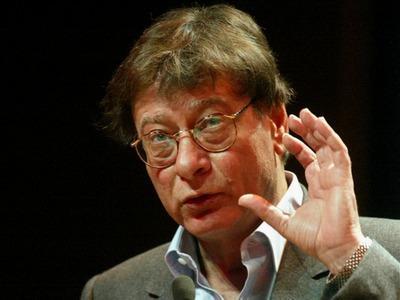
By Manash Bhattacharjee
I learnt from your poems how
To wait upon death
And how waiting is a game as
Treacherous as death.
I learnt from you how the root
Of waiting is grasped in despair
And that there is no despair
More deceitful than hope.
Waiting helped you gather those
Roses along the way
Which grow only for travellers
Who walk the loneliest road.
You kept those roses as mementos
Of your nights when gunshots
Would remind you of the difficulty
To make love under the moon.
As you carried the landscape on
Your shoulders and looked
For your address in the clouds
The enemy laughed.
They thought you will grow weary
From repeating the same lines of loss
But they didn’t know those without a home
Are always hungry for memory.
Manash Bhattacharjee
– Manash Bhattacharjee is a poet, writer and scholar from New Delhi, India. He contributed this poem to PalestineChronicle.com.






LOVELY poem!
Respectfully, 2 points:
1:: Why making love under THE MOON? (surely ‘making love’ is sufficient?)
2:: The ending almost works, I wondered if whether ‘memory’ might be replaced with “dreams”? (I don’t believe that memory is enough to make better futures).
Anyway, It’s a stiring poem! GREAT!!!
dear Francis,
You want to replace “memory” with “dreams”‘?
Are you American?
No, I’m a human being!
Why do you ask? – what is it about America and dreams, surely dreams belong freely to everyone which is hardly what the US stands for???
The point about dreams is their timelessness: dreams have ALWAYS driven mankind, firstly out of the sabre toothed tigers’ caves and then, down from the trees; dreams (and myth) started agriculture and poetry. Surely it’s in a dream that we make our children?
Memory belongs to the conscious, like advertising. NOT to be trusted!
Cheers, Rayhan.
Well yes, Francis, I did associate “dream” with “American”.
I should not have done that?
I was quite shocked that you wanted to change the poem and replace “memory” by “dream”.
Before doing that maybe you might ponder why the poet uses “memory”.
Could it be that this is essential to the Palestinian experience and for readers to think about
why this theme is everywhere in Palestinian culture, and not just literature: Memories of the land, the soil, the olive trees, the bread, the birds, and the Nakba, the suffering, the loss.
The expression of the Palestinian memory is so strong, so alive, and so open to every human being’s experience and comprehension and it is NOT a dream.
Hi Rahan,
What I said about memory needs thinking about too.
The value of dreams is their honesty, their vision and their universality. ALL are vital if mankind is to find ways out of the stupid situations he creates. Of couse vision, in particular may grow from memory. But memory is too easily manipulated, both consciously and unconsciously. If you are convinced we should change, I’d suggest changes growing out of dreams (of happiness, of freedom, of equality . . .) make the most reliable basis.
I’m sure we passionately agree the Palestinians (all mankind) has a right to a future based on dreams!